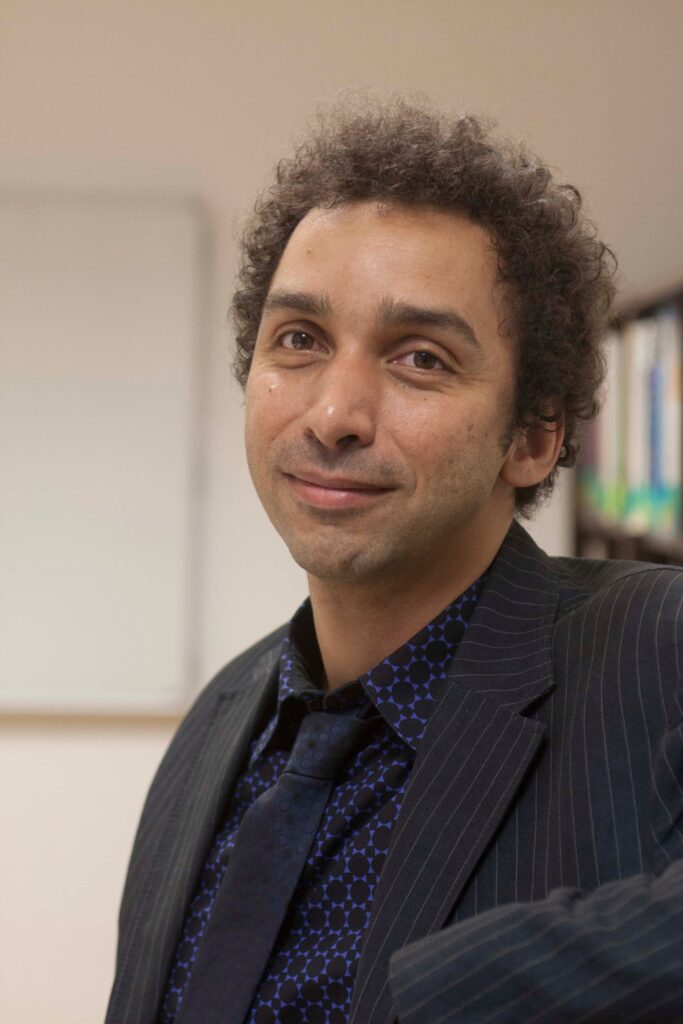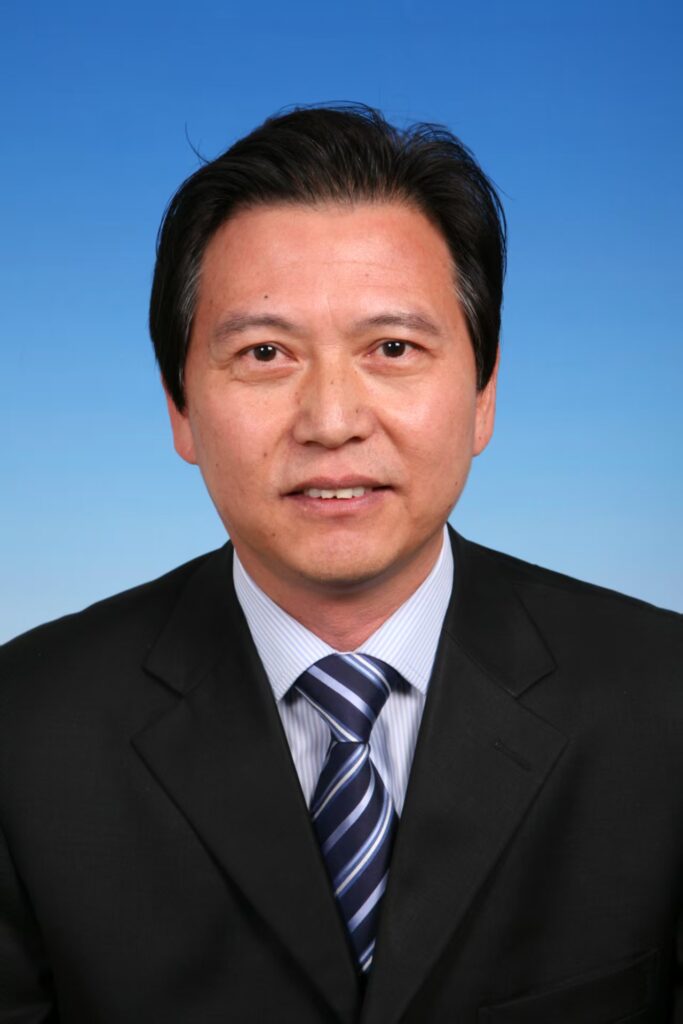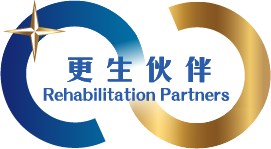A learning society must seek to offer lifelong learning opportunities to as many people as possible, to enrich their lives and provide them with future opportunities. In lifelong learning, students might be from a local group, or be regionally dispersed; the subject might be for interest, or as a means of upskilling for work; students might be early career, or incarcerated. Lifelong education must be provided in many different ways, because no single model can apply across the many situations and learners who will participate. Teaching retired people traditional dance, for example, will be different to teaching mid-career professionals how to use Artificial Intelligence.
How do we design lifelong educational models, that make the most of digitalisation?
This presentation will describe different teaching and learning possibilities in support of inclusive, scalable, and sustainable education, using six different components that make up an education model. The six components are: learner activity; teaching activity; learning materials; timetabling; assessment; and success services. Each of these can be designed in ways that make lifelong learning as inclusive, scalable, and sustainable as possible.
The presentation will include a suggested process for designing educational models that includes digitalisation in a supportive role. By considering the six components, educators can design an optimal education model that thoughtfully applies digitalisation.

















